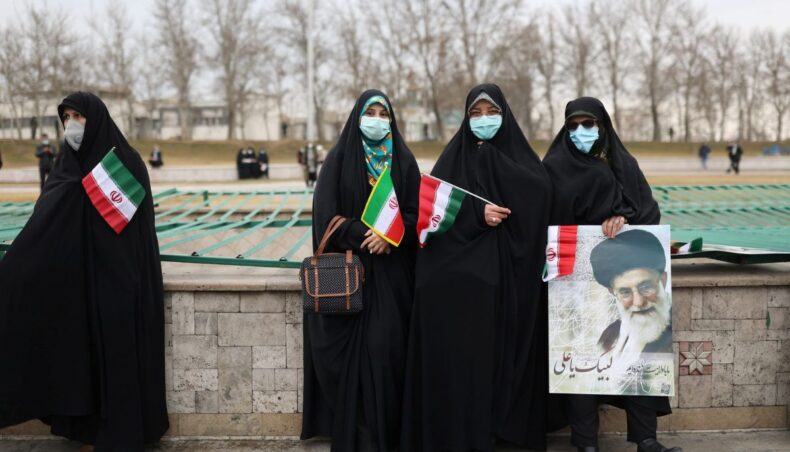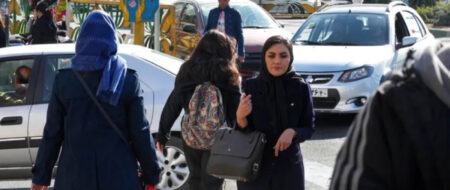Iran claims that the US supported an organization that is charged with killing 17,000 Iranians over a period of decades on purpose.
United States officials have been placed on the Iranian government’s “blacklist” because of Washington’s support for a group that Tehran regards as a “terrorist” organization.
The Mojahedin-e Khalq (MEK), a group that openly advocates replacing the existing Iranian administration, has been given “deliberate support” by 61 current and former American officials, according to the Iranian foreign ministry, which published the list on Saturday.
The Iranian regime had previously banned several of the people, including former Secretary of State Mike Pompeo.
The sanctioned persons included former National Security Advisor Lincoln Bloomfield, Senators Ted Cruz, and Cory Booker, and House Minority Leader Kevin McCarthy.
The individuals participated in the group’s activities and “offered political and propaganda support,” according to the Iranian foreign ministry.
According to the Iranian establishment, the MEK is responsible for the deaths of more than 17,000 Iranians over several decades, many of them women and children.
The MEK was one of the organizations that backed Iran’s 1979 Islamic Revolution, which overthrew dynasty authority. However, it eventually turned into one of the primary rivals of the clerical establishment and used violence to overthrow it.
In the early years after the revolution, the group has taken credit for a number of murders and explosions. Additionally, it supported Saddam Hussein throughout his eight-year invasion of Iran in the 1980s and fought alongside him.
The US and EU both categorized the MEK as a “terrorist” organization, but it was removed from those lists more than ten years ago after it pledged to stop using violence.
‘Open Support for MEK’
Since then, US government representatives, particularly Republicans who openly support overthrowing Iran’s current regime, have frequently attended MEK demonstrations and shown their support.
As a result of the group’s demonstrations and bases in various European countries, notably France, Sweden, and Albania, Iranian authorities have accused those countries of harboring “terrorists.”
In 2021, Iran first imposed sanctions on US government representatives. It blacklisted individuals including former president Donald Trump and Secretary of State Mike Pompeo for their part in planning and carrying out the killing of its top general, Qassem Soleimani.
In response to allegations of “terrorist” assistance and breaches of the Iranian people’s human rights through unilateral sanctions, it then enlarged that list in January and imposed additional sanctions in April.
Since the individuals aren’t believed to have any assets or business interests in Iran and don’t visit the country, the penalties are viewed as purely symbolic.
The US has continued to impose sanctions to put additional pressure on Iran’s economy as attempts to revive the 2015 nuclear agreement between Iran and international powers have faltered.
Under Trump, the US unilaterally ended the nuclear agreement in 2018 and enacted severe, all-encompassing sanctions that President Joe Biden has since continued to uphold.













